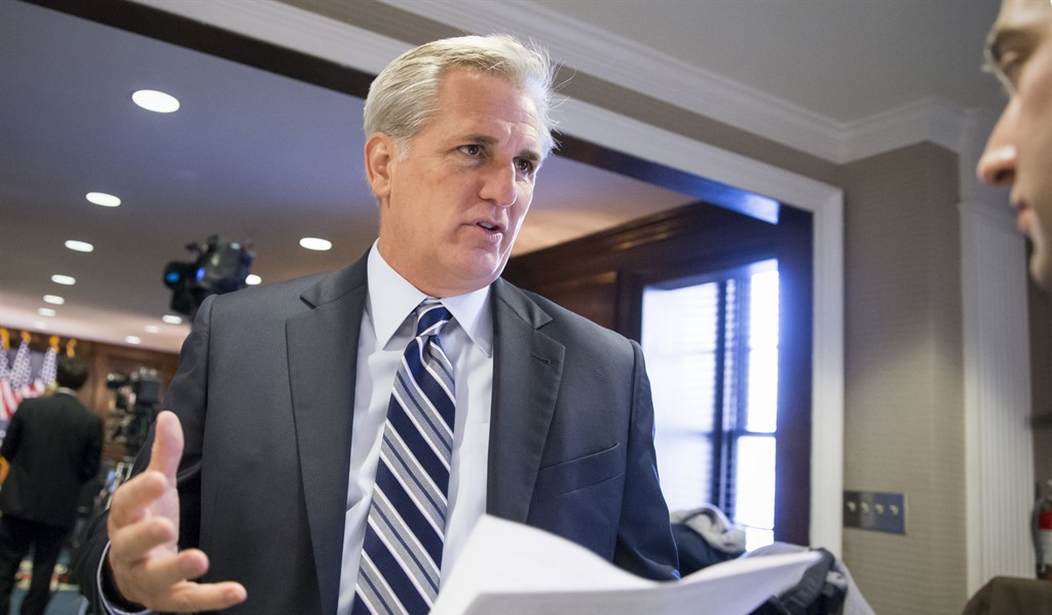Donald Trump made outsourcing a major theme of his campaign. He promised continually to “make better deals” and prevent the bleeding of American jobs to other countries. Trump, in an early Sunday morning tweet blast, expounded on this promise by enacting a 35% tariff on products sold in the U.S. by former American companies.
The U.S. is going to substantialy reduce taxes and regulations on businesses, but any business that leaves our country for another country,
— Donald J. Trump (@realDonaldTrump) December 4, 2016
fires its employees, builds a new factory or plant in the other country, and then thinks it will sell its product back into the U.S. ......
— Donald J. Trump (@realDonaldTrump) December 4, 2016
without retribution or consequence, is WRONG! There will be a tax on our soon to be strong border of 35% for these companies ......
— Donald J. Trump (@realDonaldTrump) December 4, 2016
There were a lot of people on Capitol Hill not all that excited about Trump’s proposed tariffs on imported goods… Republicans, notably.
House majority leader Kevin McCarthy spoke to reporters in his office about the consequences of tariffs versus other approaches to retaining American companies.
“Do you want to know my philosophical belief?” McCarthy said to reporters. “I believe in the free market. I don’t think government should be picking winners and losers… I think there are others ways to achieve what the president-elect is talking about,” McCarthy added, “but the only way you can do any of this is you’ve got to do tax reform. And that’s why I think that will be a cornerstone of what we do.”
Recommended
The majority leader explained that the American government needs to avoid falling into a “trade war” with other countries. He warned raising tariffs to such an extent would risk doing just that.
He is not alone in his concerns.
Speaker Paul Ryan was asked, as well, about the issue by home-state newspaper Milwaukee Journal-Sentinel. He avoided contradicting the president-elect directly, but did pivot to the need for tax reform, saying that was the best solution to retaining American jobs.
"We can get at what he's talking about through smart tax reform. What his concern is, is legitimate — American companies are moving overseas, are shifting headquarters and factories overseas," said the speaker.
Conservative organizations also pounced on the president-elect's commentary. David McIntosh, president of the free-market advocacy organization Club for Growth, released the following statement regarding Trump’s tariff proposals: “Tax cuts and deregulation will make the American economy great again, but tariffs and trade wars will make it tank again.”
While being lauded as a success, Trump has taken minor criticism of keeping Carrier in Indiana (in lieu of relocating to Mexico) due to tax deals made. Some conservatives, including former governor Sarah Palin, say it’s not viable to have a free market while “picking winners and losers.” Free market orthodoxy calls for as little to no government intervention as possible.
Donald Trump is certainly a different kind of Republican. While nativism can be considered a component of American conservatism – so is free trade. During initial lobbying of the Trans Pacific Partnership trade deal, president Obama was in the unfamiliar position of having more Republican support than from his own party. From free trade to healthcare, free market solutions have been major themes of GOP alternatives to Obama's agenda.
With the election of Donald Trump, it’s looking like TPP is dead-on-arrival. However, aides to the president-elect say not to rush to judgement on Trump’s plans for free trade. Senior advisor to the Trump transition team, Anthony Scaramucci, told a group of business leaders that Trump does not plan to scrap free trade deals such as NAFTA, but to make them “more fair.”

























Join the conversation as a VIP Member